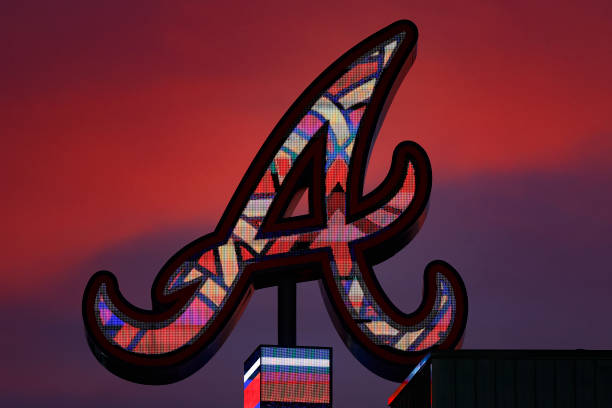Half a century ago, despite mounting pressure from civil rights leaders and prominent Black baseball players, no major league team had yet appointed a Black manager. The issue gained national attention during that year’s All-Star Game when Hank Aaron, recently crowned baseball’s home run king, publicly criticized his own team, the Atlanta Braves, for overlooking him in their search for a new manager.

At the time, Aaron was still an active player, and the concept of player-managers still existed, with several players assuming managerial roles before the end of the 1970s. Aaron voiced his disappointment with how the Braves handled their managerial vacancy, stating to reporters during the 1974 All-Star Game in Pittsburgh, “The situation could’ve been handled more respectfully. I believe I deserved to be considered.”
Following the dismissal of Eddie Mathews in late June, the Braves named Clyde King as interim manager. Aaron, then 40 years old and in the midst of a historic season where he broke Babe Ruth’s career home run record, expressed his willingness to take on the role if given the opportunity. “Maybe they were afraid I’d say yes,” Aaron remarked during the All-Star break, “and maybe I would have, just to break through. There are plenty more qualified candidates than me, but none of them are getting the chance.”
Aaron also advocated for the hiring of Frank Robinson as manager when the California Angels had a managerial opening earlier that year; however, Dick Williams was chosen instead. After the season, Robinson was appointed as manager of the Cleveland Indians, becoming the first Black manager in MLB history. His appointment received accolades, including a congratulatory telegram from President Gerald Ford. Robinson began his tenure as player-manager at the start of the 1975 season.
During the 1974 discussions, Aaron also promoted his younger brother, Tommie Aaron, who was managing Atlanta’s Class AA team in Savannah, as a potential candidate for the Braves’ managerial position. The Braves’ general manager, Eddie Robinson, cited Tommie’s ongoing responsibilities in Savannah during a pennant race as a reason for not considering him for the role at that time. This decision was met with criticism, with the New York Times noting it became a source of controversy.
Reflecting on the situation, Hank Aaron expressed disappointment with how the Braves’ front office handled the managerial selection process. “I felt a little insulted, and I think it was an insult to all Blacks in baseball,” he stated. He rejected the notion that Black managerial candidates needed minor league experience, contrasting it with examples of white managers like Ted Williams and Eddie Mathews who entered MLB managerial roles without such prerequisites.
Eddie Robinson, when asked about Atlanta’s readiness for a Black manager, responded ambiguously, indicating uncertainty about the city’s reception. Despite the setbacks and challenges, Hank Aaron’s advocacy and candid commentary during this period underscored his determination to advance opportunities for Black leaders in Major League Baseball. His legacy as a trailblazer both on and off the field continues to resonate within the sport’s history of racial integration and progress.
